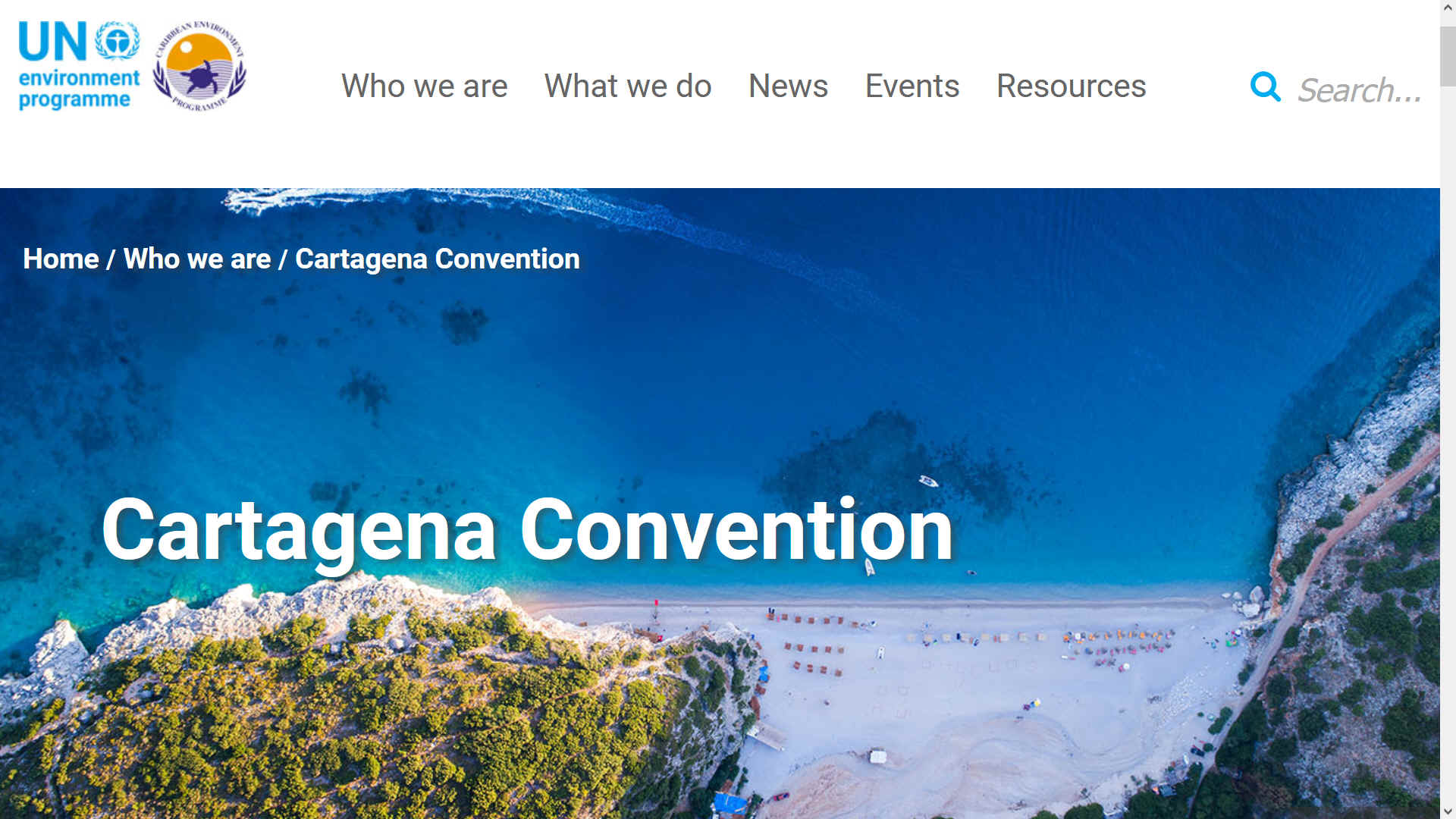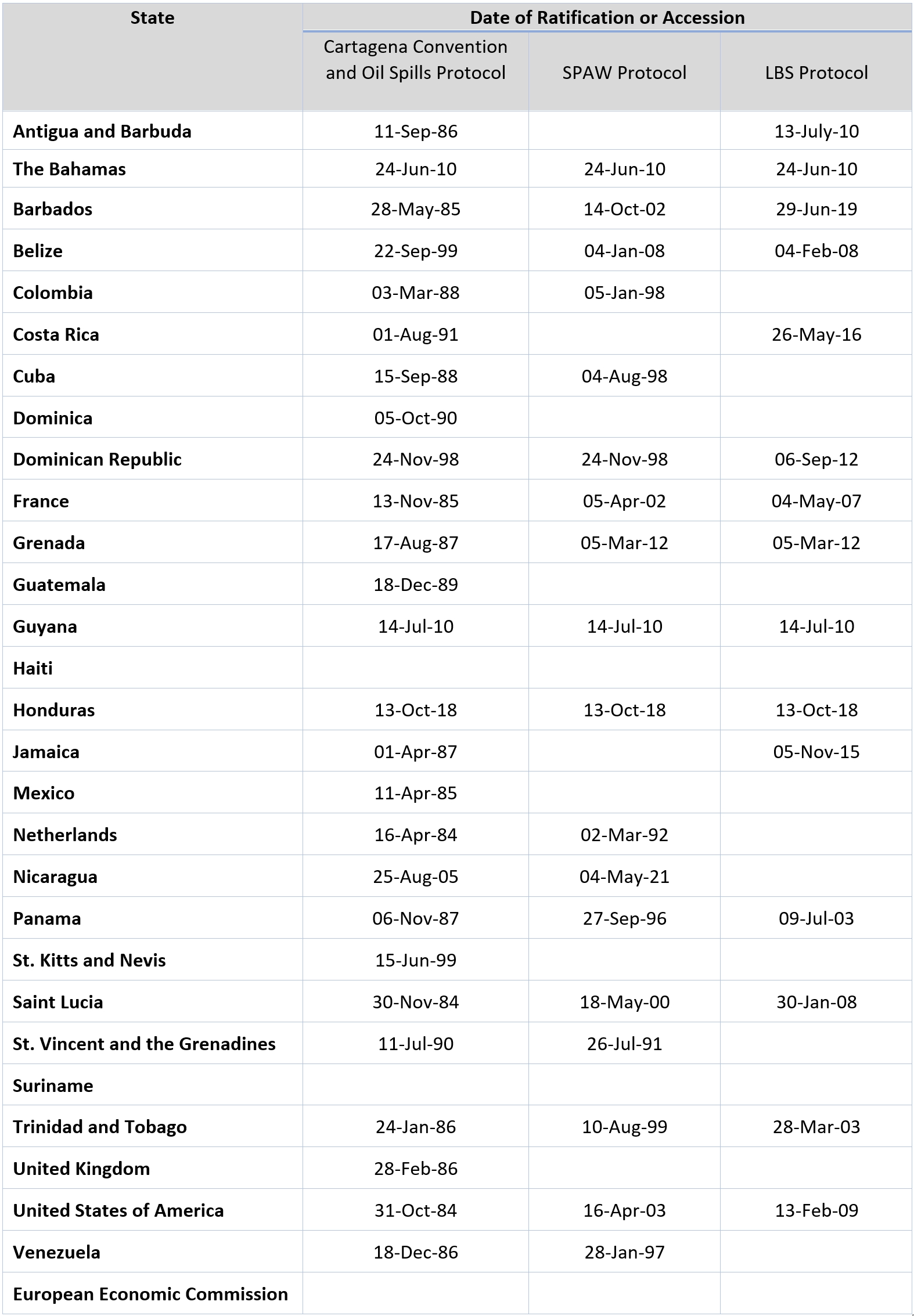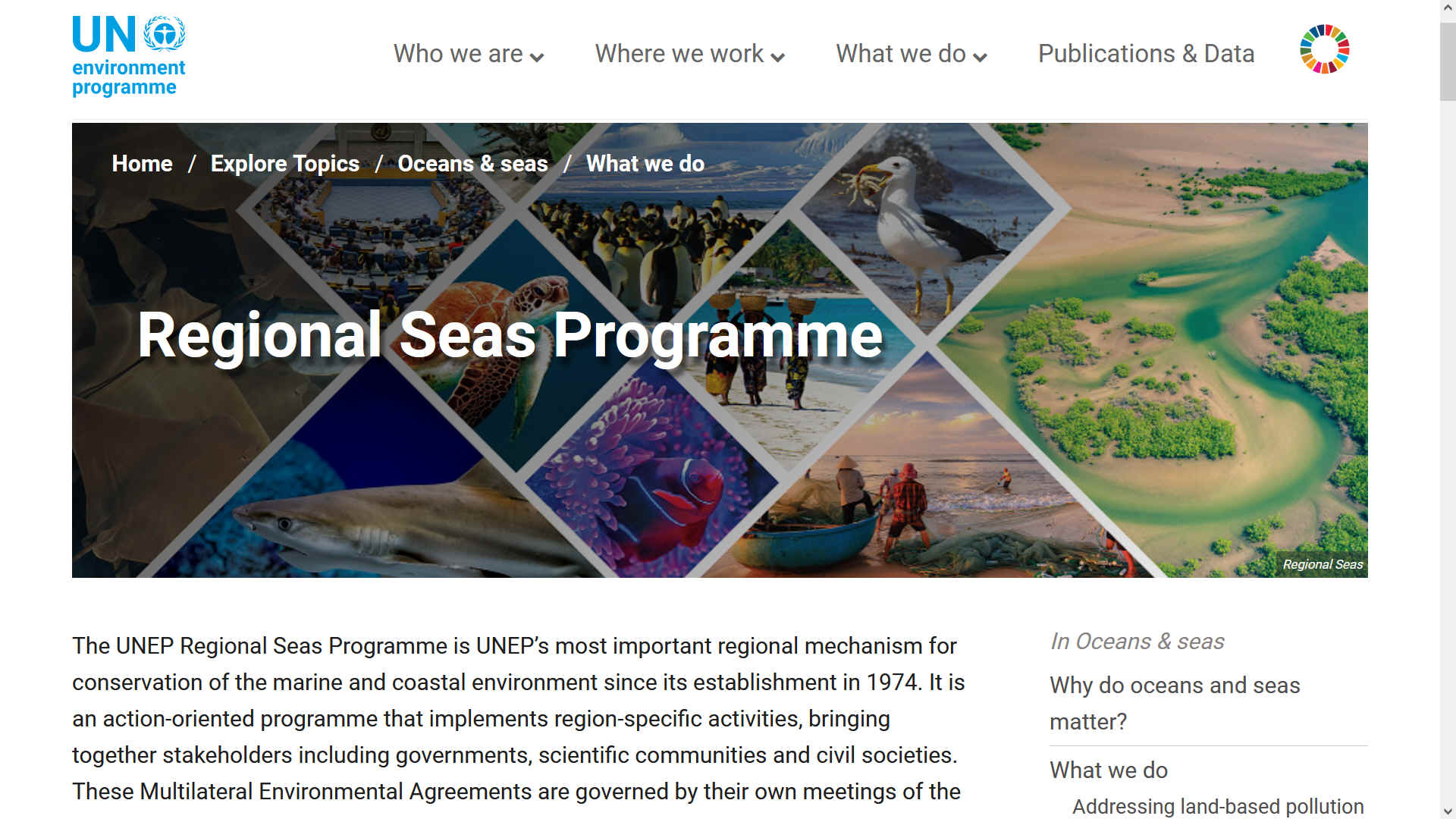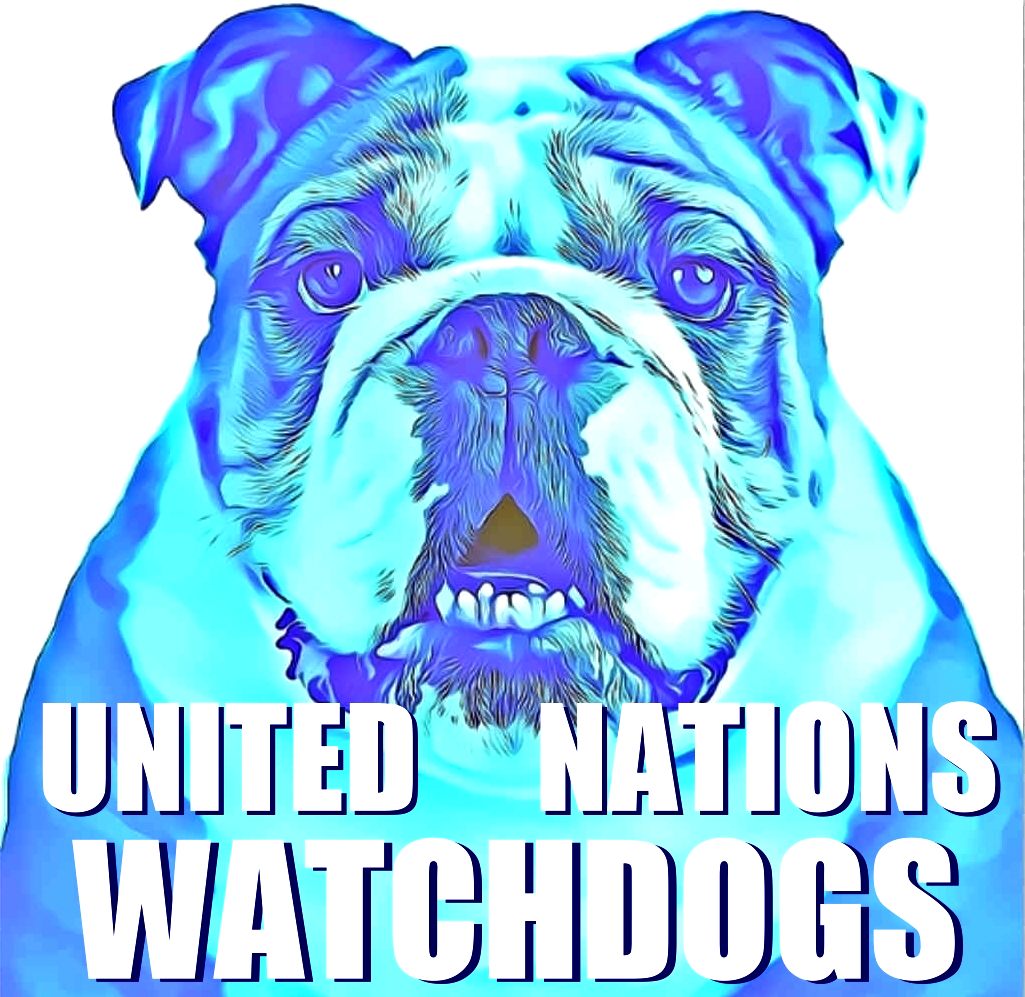|
UNEP - CARTEGENA CONVENTION 1986
Please use our A-Z INDEX to navigate this site or see HOME
|
|
What is the Cartagena Convention?
The Protocol Concerning Specially Protected Areas and Wildlife (SPAW) in the Wider Caribbean Region was adopted on 18 January 1990 and entered into force on 18 June 2000.
The Protocol Concerning Pollution from Land-Based Sources and Activities was adopted on 6 October 1999 and entered into force on 13 August 2010.
- Guadeloupe (SPAW-RAC) for the Marine Biodiversity or SPAW Protocol;
- Cuba (Centre of Engineering and Environmental Management of Coasts and Bays) for the Pollution or LBS Protocol;
-
Trinidad and Tobago (Institute of Marine Affairs), also for the Pollution or LBS Protocol. * Notably, signatories do not include the European Union or European Commission
AFFECTED CARIBBEAN ISLANDS BY POPULATION
Cuba 11,252,999 Haiti 11,263,077
(Hispaniola) Tortuga 25,936 Roatán 110,000
Environmental work includes looking at marine litter and plastic as is spread throughout the Pacific Ocean, Indian Ocean, Atlantic Ocean, Mediterranean Sea and Caribbean Sea, but not actually collecting or processing waste operationally.
Plastic waste though is on the increase. Mainly because there are no major cleanup operations, or funding to develop any effective means of filtering micro and macro plastics from seawater.
Then, there are ghost fishing nets. Again, there is no official programme for dealing with offending fishermen, or for collecting discarded nets. Recovery is reliant on small organizations and volunteers, who only recover the occasional net.
Another important issue is the sargassum proliferating in the Sargasso Sea, then finding its way to the Gulf of Mexico and Caribbean Islands, where it ruins the local economy and ecology. Recovered seaweed could be useful for:
BIOMASS - BUILDING MATERIALS - CANCER - CLOTHING & SHOES - CO2 SEQUESTRATION - COSMETICS FERTILIZERS - FOODS - MEDICINES - MINERALS - PACKAGING - SUPPLEMENTS - VITAMINS
'UNEP' is the United Nations Environment Programme. Their mission is to provide leadership and encourage partnership in caring for the environment by inspiring, informing, and enabling nations and peoples to improve their quality of life without compromising that of future generations. In our view leadership equals actions. Doing not talking about doing. The difference between having an idea, and doing it - is doing it. Anyone can talk about doing things and encourage other people to take risks and think creatively, but few step into the arena and act on their ideas - putting their time and money where their mouths are.
|
|
FUNDING ENVIRONMENTAL STRATEGIC ACTION SARGASSUM WHITE PAPER - TURNING A CRISIS INTO AN OPPORTUNITY
|
|
|
CONTACTS
United Nations Avenue, Gigiri
Address : 14-20 Port Royal Street Kingston,
Jamaica W.I. Website: https://www.unenvironment.org/cep/
Regional Office for Europe
LINKS & REFERENCE
https://www.unep.org/
|
|
|
WORLD PEACE - May only be achieved when member nations fully endorse and action sustainable development, such that food, energy, housing and industry all work together like a well oiled machine, in harmony with nature. Working in harmony, means not over-exploiting mother earth's natural resources, not killing flora or fauna past their recovery limits, and not adding to global warming.
|
|
|
Please use our A-Z INDEX to navigate this site, or return HOME
|
|
|
This website is Copyright © 2022 Climate Change Trust & Injustice Alliance The views, performance reviews and opinions of the Trust are protected by Articles 18 and 19 of the Universal Declaration of Human Rights.
|



